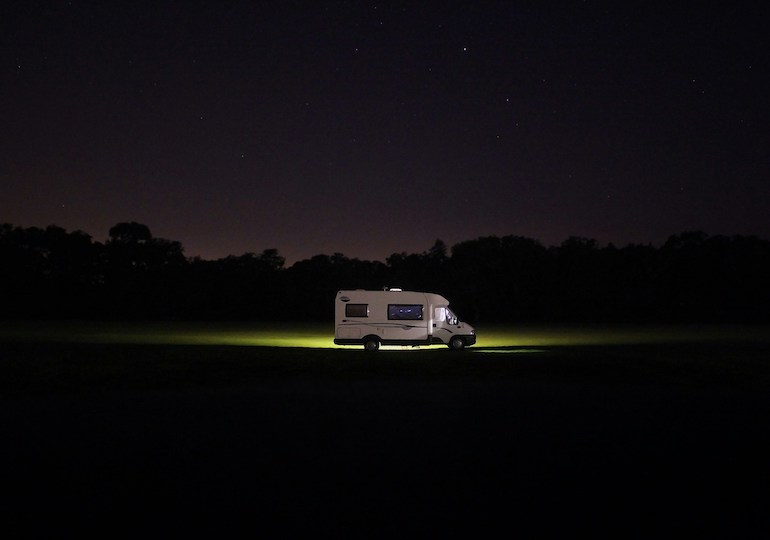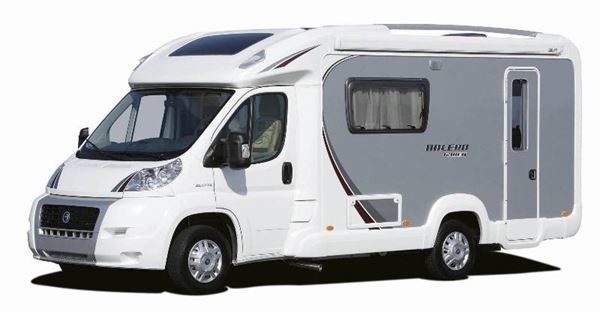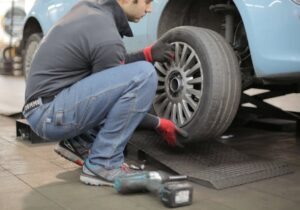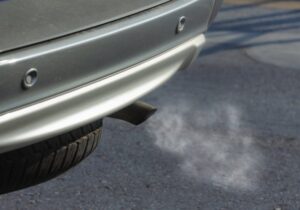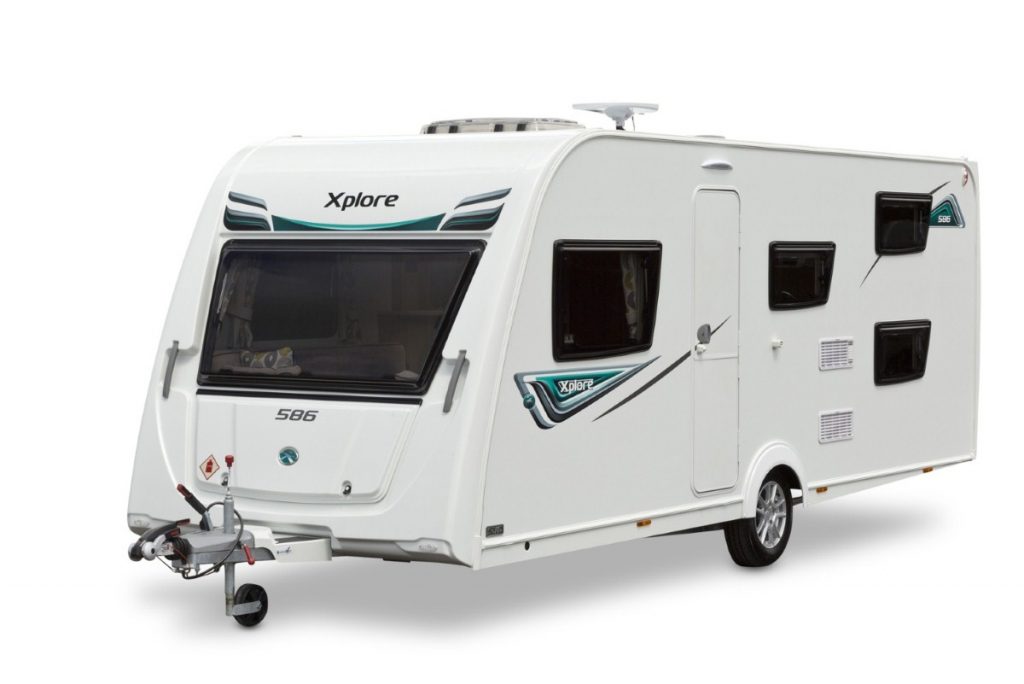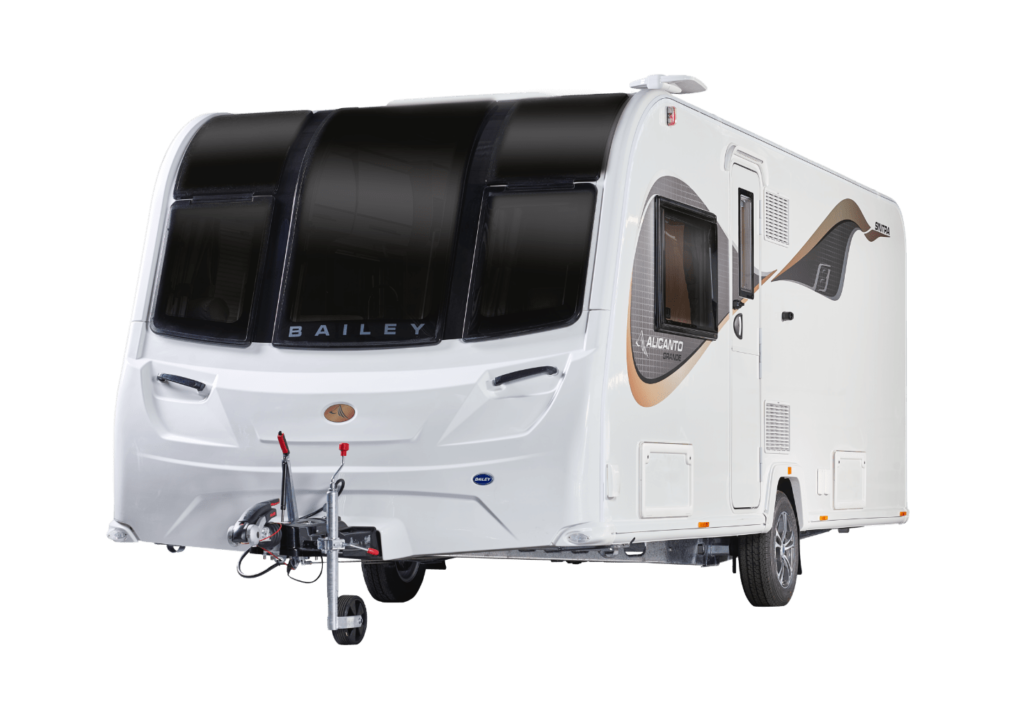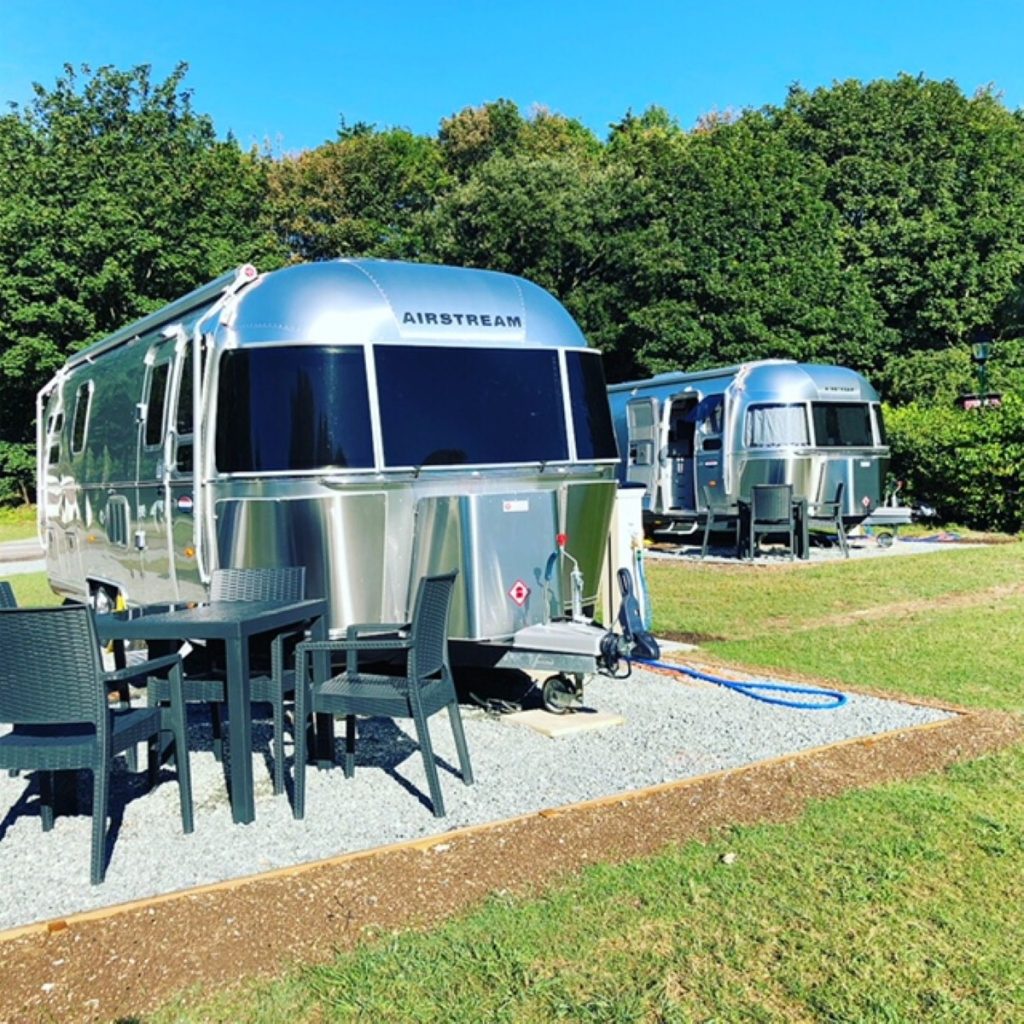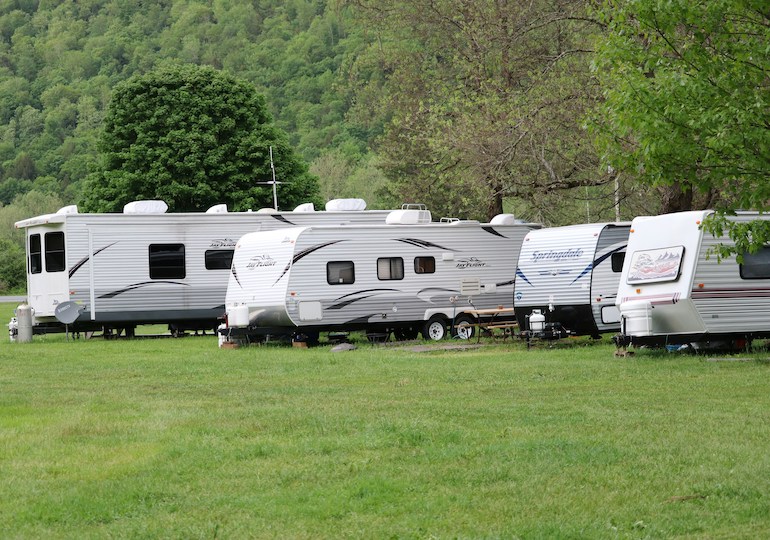According to the British Weather Services, the UK is heading into another icy period throughout the next week. This is particularly bad news for caravan and motorhome owners, as the potential for even more cold weather could cause havoc with condensation in leisure vehicles.
Insurance experts have said many times that damp problems are unlikely to be covered by your quote, which means owners need to be extra vigilant when it comes to spotting the signs. As the weather remains cold and wet in the UK, vans are left sitting idle for longer and, consequently, the opportunity for damp to grow is high.
Last week, we looked at how to tackle damp in your caravan or motorhome. However, the most ideal way to handle it is avoid it in the first place. So, let’s take a look at four top tips for preventing damp in your leisure vehicle this winter.
Ventilation
During the winter months, the air contains much more moisture. Because of this, you need to keep it circulating within your leisure vehicle. Whenever you’re inside, try to keep windows open as much as you can – especially during cooking or showering.
If you’re hardly ever in the caravan while the weather is harsh and icy, simply fling the doors and windows open for an hour or so every month, just to let fresh air circulate. Finally, if your van is going to be vacant for months at a time, open up the cupboard doors, remove cushions and lift up mattresses.
Condensation
When it comes to preventing damp, condensation is your enemy and should be avoided wherever possible. For example, it’s best not to dry clothes inside your leisure vehicle so, if you can, try to hang them in the awning.
When taking a shower, pop the window open but remember to also close the door. This will prevent steam from diffusing into the rest of your caravan. Additionally, bowls of salt, dehumidifier crystals and even cat litter will help to soak up any excess moisture in the air.
Check on your caravan regularly
On top of an annual service, you should always be on the lookout for any damage, especially to seals. This may include those around windows, doors and roof lights, where water can seep into your vehicle. If you spot a leak, repairing it quickly will save you a significant amount of money in the long term.
Invest in a damp meter
A damp meter is a device that measures the humidity of the air. It’s a handy tool to have when you’re checking for signs of damp growth, as any reading above 15 per cent should warrant further investigation. Below that figure, you can rest assured there’s very little moisture in the air.
Photo credit: Lisa Fotios / Pexels








